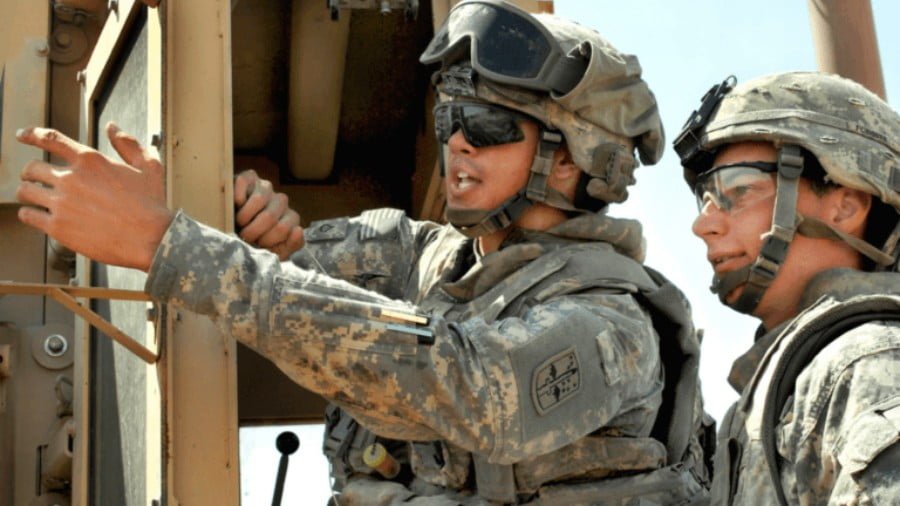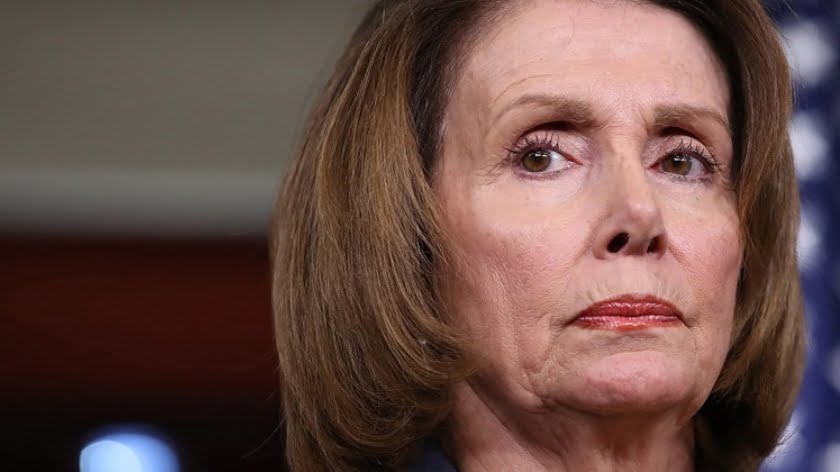Pakistan and Afghanistan Feel Trump’s Touch
On January 4, the US announced that it was cutting off security assistance to Pakistan. The reason the US gave for the decision is that Pakistan is not helping the US defeat the Taliban and the Haqqani network which US military forces are fighting in Afghanistan. US military aid to Pakistan comes to “roughly $1.3 billion annually,” according to the New York Times.
Pakistan is not interested in fighting jihadists—never has been. Pakistan’s predominant security concern is not jihadist groups, but its immense neighbor (but not friend) India. Pakistan uses jihadist groups as proxies to harass India and has done so since independence.
So Trump was correct (it happens) when he tweeted on New Year’s Day that Pakistan was playing the US for “fools.” Trump was merely saying the same thing as experts on Pakistan, albeit in cruder language. Numerous authorities have declared that Pakistan plays a “double game” with the United States, cooperating with the US just enough to keep the heat down and US funds flowing, while secretly collaborating with violent jihadist groups.
Trump went on to say in his New Year’s tweet that Pakistan “give[s] safe haven to the terrorists we hunt in Afghanistan.” That’s true, too, and Trump was merely repeating what US Presidents have been saying since George W. Bush. That’s the thing about Trump. Trump is a walking, talking illustration of the Dunning-Kruger effect, but we still have to pay attention to him so we don’t miss those rare occasions when Trump says something correct.
Pakistan had never wanted to be part of the War on Terror. Pakistan’s then military dictator Pervez Musharraf said years later that the US threatened to bomb Pakistan “back to the stone age” if it did not enlist in the US war on the Taliban and Al-Qaeda. Speaking nine days after the 9/11 attacks, President George W. Bush had warned the entire world that “Either you are with us, or you are with the terrorists.” There would be no neutrals in this war.
So Pakistan resists US demands on the sly. Sometime in November 2001, Musharraf told militant groups that they would have to lay low for a while, but that the US would be gone from Pakistan within five years. Since then, the Pakistani government periodically outlaws various jihadist groups, but this is for show. In reality, Islamabad leaves Islamist groups alone unless they are foolish enough to bite the hand that feeds them by attacking the Army. Osama bin Laden was living in a compound adjacent to Pakistan’s military academy when he was killed by US Navy SEALS in 2011. From time to time Islamabad issues statements that “this time” Pakistan “really” has severed ties with the jihadists. Full scale military operations against militants, as in 2008 and 2014, take place, but only after years of prodding from the US. These campaigns have driven millions of Pakistanis from their homes. Yet the army and Pakistan’s security apparat continue to work with militants.
You may recall a time when the US treated jihadists as allies. The US used the Afghan mujahideen during the 1980s to drive the Russians out of Afghanistan. The US treated the mujahideen then as heroes. The mujahideen were depicted as valiant freedom fighters resisting Communism in popular movies such as Rambo III (1988) and the James Bond film The Living Daylights (1987).
Meet the New Afghanistan Strategy, Same as the Old Afghanistan Strategy
Trump squandered an opportunity when he came into office. Trump had the chance to end America’s longest war, the fifteen-year long US war in Afghanistan. On the campaign trail, Trump had made semi-isolationist noises indicating that he was open to a smaller US role in the world.
The damnedest thing is that Trump seems to have realized that he was throwing away an opportunity. The President spoke about his Administration’s “new” strategy in a national address on August 21, 2017. The President said: “My original instinct was to pull out—and, historically, I like following my instincts.” Indeed, as Americans learn more and more about the shenanigans of the Trump children, we are likely to agree that Trump should pull out more often.
Instead, Trump has pledged to “fight to win” in Afghanistan. Trump has left the details vague, but Administration officials have said that up to 4,000 additional American troops will be sent to Afghanistan to join the 8,400 US troops already there.
Trump may have been genuinely reluctant to pour more US resources into Afghanistan. If you are of a conspiratorial bent, you can choose to believe that the “deep state” got to Trump.
Or Trump may be staying the course in Afghanistan in order to exploit the country’s mineral wealth. A July New York Times story noted: “In 2010, American officials estimated that Afghanistan had untapped mineral deposits worth nearly $1 trillion.”
You don’t have to be a pacifist to question the wisdom of Trump ramping up hostilities in Afghanistan at the same time as he seems determined to attack North Korea. Military overextension has destroyed many an empire. Afghanistan is even called “the graveyard of empires.” In time, Trump may understand why. In the meantime, Pakistan and Afghanistan feel Trump’s tiny hands closing on them.
By Charles Pierson
Source: Counter Punch







